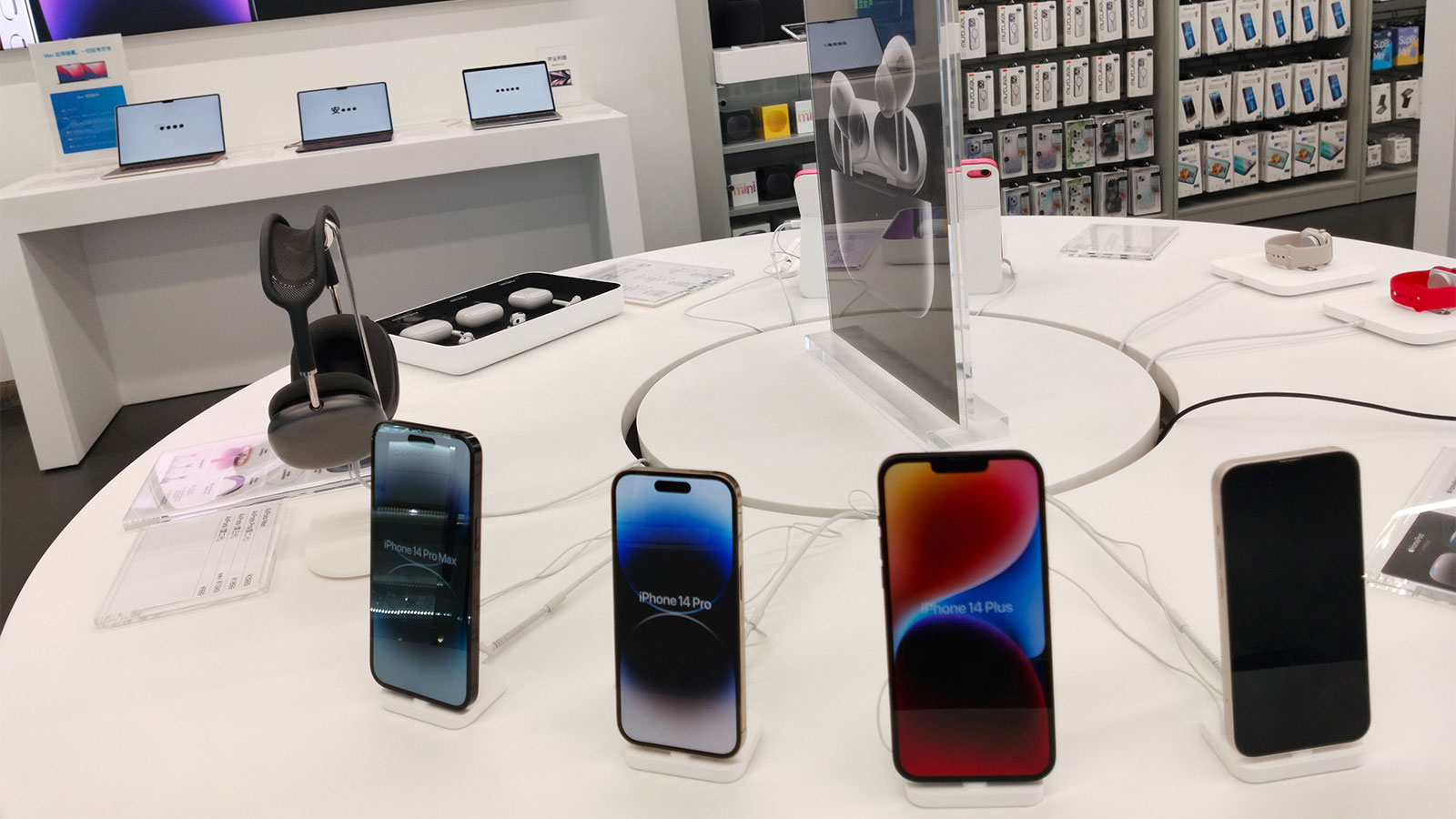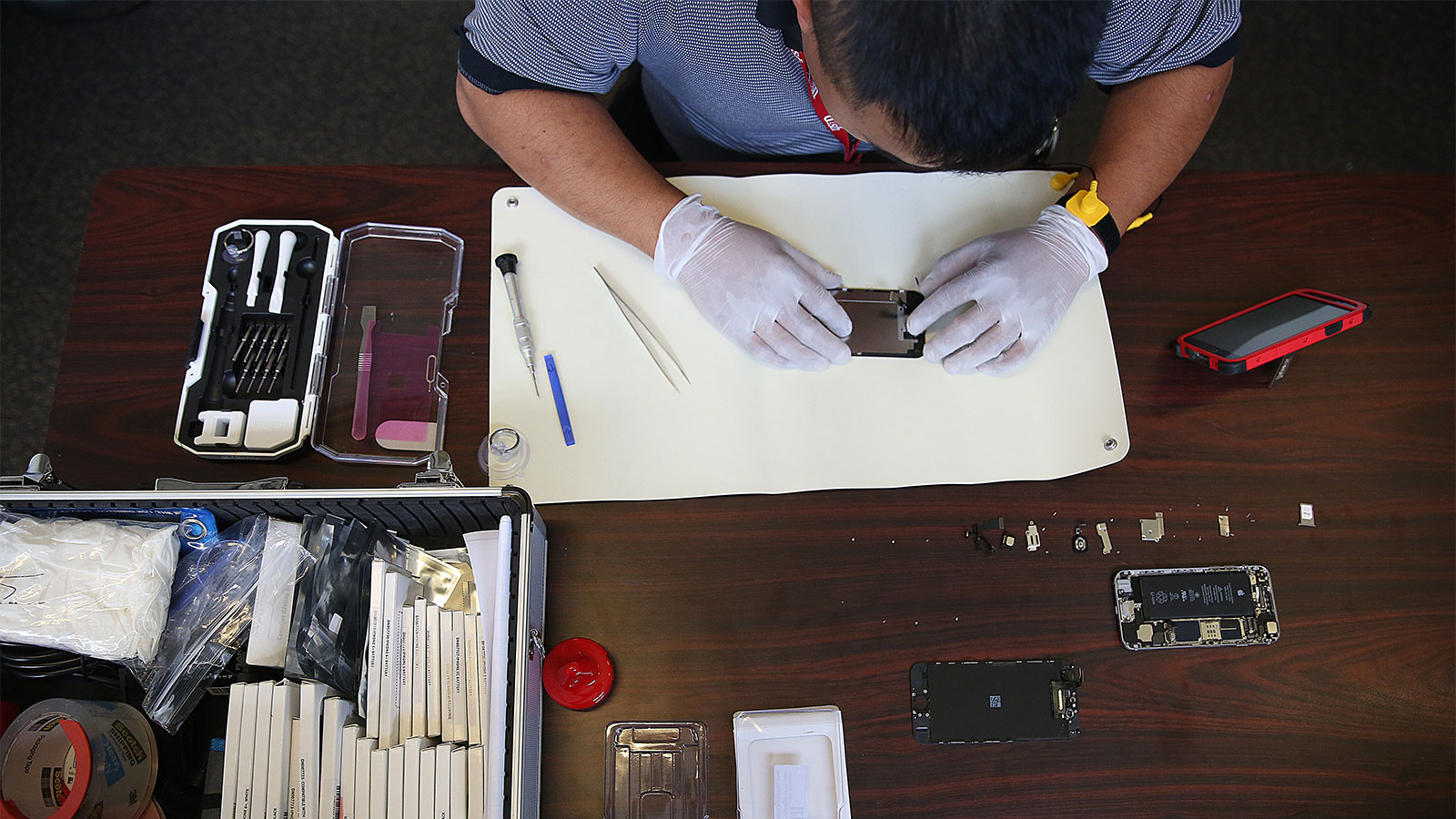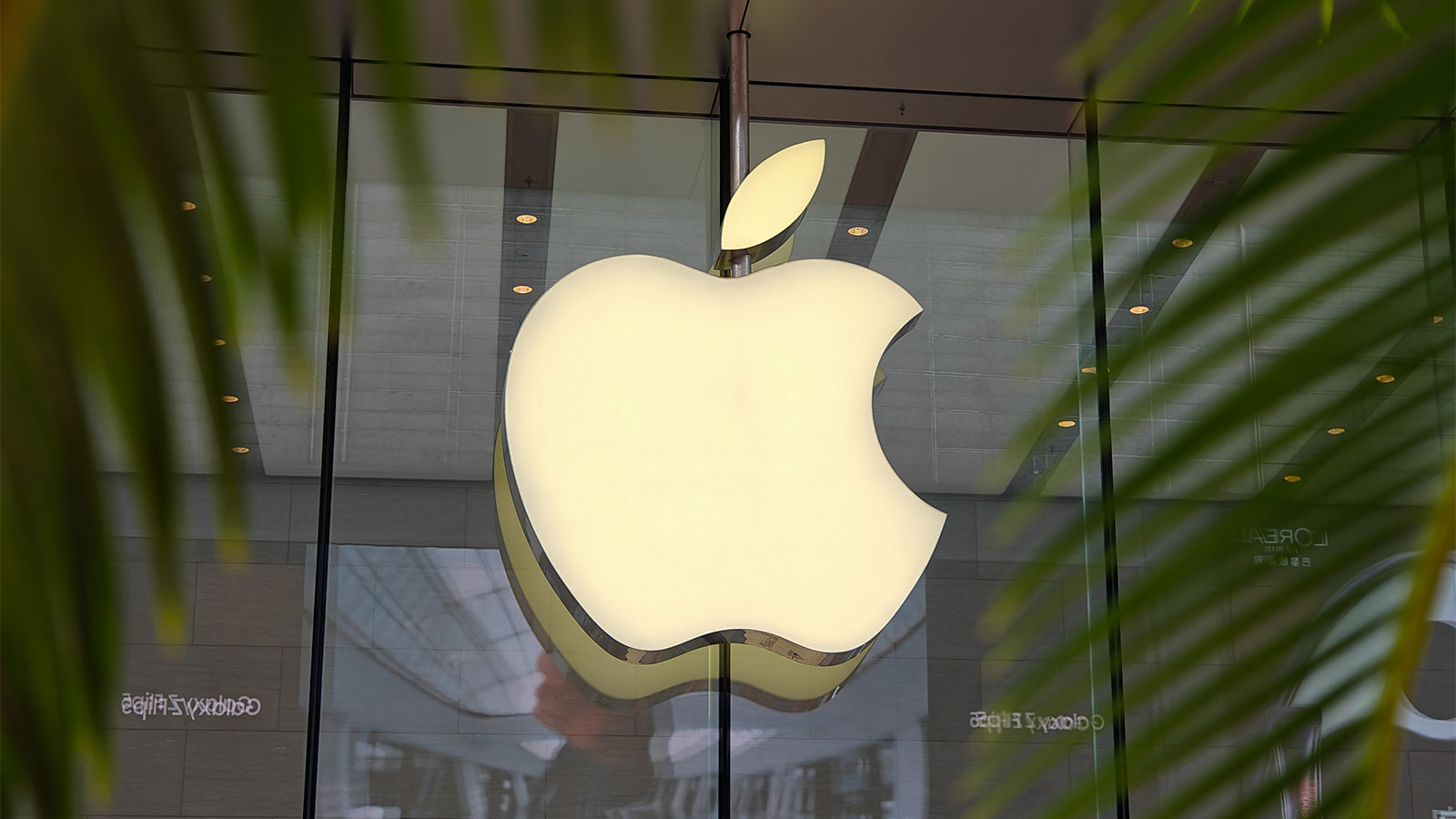After years spent fighting independent repair, Apple appears to be throwing in the towel.
On Tuesday, the most valuable company in the world delivered a letter to California Senator Susan Eggman expressing its support for SB 244, a “right-to-repair” bill that would make it easier for the public to access the spare parts, tools, and repair documentation needed to fix devices.
“Today, Apple writes in support of SB 244, and urges members of the California legislature to pass the bill as currently drafted,” D. Michael Foulkes, Apple’s director of state and local government affairs, wrote in the letter.
It was a dramatic turnaround for a company that has played a key role in quashing right-to-repair bills in statehouses around the country, including California. As recently as 2022, Apple asked New York Governor Kathy Hochul to veto a right-to-repair bill. (Hochul wound up signing that bill into law, but not before revising the text to make it more corporate friendly.) But advocates say that Apple recognized it was on the losing side of the fight over repair access. Its decision to support a right-to-repair bill in its home state reflects the growing pressure Apple faces from shareholders, lawmakers, federal regulators, and the public to end monopolistic restrictions that limit consumers’ ability to fix their devices.
“Right to repair is here to stay, and they know it,” Nathan Proctor, who heads the U.S. Public Research Interest Group’s right-to-repair campaign, told Grist.
That wasn’t always the case. For years, Apple’s position was that making parts and repair tools available to the public is a bad idea. Over the years, the company has repeatedly claimed that right-to-repair laws create safety and cybersecurity risks and could force manufacturers to divulge trade secrets. Despite the U.S. Federal Trade Commission concluding in 2021 that there was “scant evidence” to support these claims, Apple, along with trade associations it’s a member of, continued making them. In a letter to Hochul last August, the company wrote that New York’s electronics right-to-repair bill, which had recently passed the state legislature, would “harm consumer security, privacy, safety and transparency … and do nothing to advance New York’s environmental goals.”

Repair advocates counter these arguments by pointing out that it is in Apple’s financial interest to ensure its customers only get their devices fixed on the company’s terms. When consumers have limited ways to repair damaged or malfunctioning gadgets, they often choose to replace them, ensuring a steady stream of sales for manufacturers like Apple. Greater access to independent repair, advocates say, benefits consumers, who often are able to fix things more conveniently and more affordably at home or via an independent shop. According to both advocates and tech industry-backed research, it also benefits the planet: With more repair options, consumers are able to keep their current devices in use for longer, reducing electronic waste and the carbon emissions tied to manufacturing new ones.
Apparently, Apple now agrees with repair advocates. “In recent years, Apple has taken significant steps to expand options for consumers to repair their devices which we know is good for consumers’ budgets and good for the environment,” Foulkes wrote in the letter.
Apple’s about-face didn’t come out of nowhere. As Foulkes’ letter points out, the company began shifting its public position on independent repair a few years back, as the right-to-repair movement was garnering national media attention and high-level support.
In 2019, Apple launched its “Independent Repair Provider” program, granting independent shops access to the repair documentation and original parts that were previously only available to Apple “authorized” repair partners. In 2022, it announced “Self Service Repair,” a program that allows customers to purchase genuine Apple parts and tools to make common repairs on newer iPhones and Macs. Both programs have their flaws — the Independent Repair Provider program required independent shops to sign an onerous contract, while Self Service Repair, by many accounts, is an expensive and clunky way to fix a device. But advocates also hailed both as symbolic victories, considering Apple’s influence on the broader consumer tech industry.
Voicing support for a right-to-repair bill in California, the largest economy in the country and the central nervous system of Big Tech, may be Apple’s biggest symbolic concession yet. Unlike in the past, when Apple has simply asked lawmakers to shoot down right-to-repair bills, Proctor said that this time the company came to the negotiating table. Working with the office of bill author Eggman, Apple pushed for some changes to the text. Ultimately, the bill reached a place where the company was comfortable supporting it.
The bill requires that manufacturers of electronics and appliances make parts, repair tools, and documentation available to the general public, for devices first sold on or after July 1, 2021. For devices costing between $50 and $99.99, manufacturers must provide repair access for at least three years after the product is no longer manufactured; for those costing more than $100, that number rises to seven years. In its letter, Apple lists a few bill provisions that were crucial for the company’s support, including language that clearly states manufacturers only have to offer the public the same parts, tools, and manuals available to authorized repair partners, and the bill’s exclusive focus on newer devices.

“Apple’s support for California’s Right to Repair Act demonstrates the power of the movement that has been building for years and the ability for industries to partner with us to make good policy to benefit the people of California,” Eggman told Grist in an emailed statement. “I’m grateful for their engagement on this issue and for leading among their peers when it comes to supporting access to repair.”
By choosing to work with lawmakers on SB 244, Apple is following in the footsteps of Microsoft, which negotiated the details of a recent Washington state right-to-repair bill before supporting it publicly. (Ironically, that bill stalled out in the state Senate after failing to gain the support of a key Democrat who is a former Apple executive.) While it’s unclear whether Microsoft’s cooperative approach on right to repair in Washington directly influenced the iPhone maker’s strategy in California, advocates previously told Grist that Microsoft’s leadership helped bring the entire tech industry to the negotiating table. Apple didn’t respond to a request for comment.
The California Senate passed SB 244 by a vote of 38-0 in May. The state Assembly’s appropriations committee is expected to vote on the bill next week, after which it could go to the Assembly floor for a vote.
California appears to have a good shot at becoming the fourth state to sign a right-to-repair bill into law over the past year, following New York, Colorado, and Minnesota. A strong right-to-repair law in California has the potential to become the de facto standard, potentially leading to a national agreement between Big Tech and the repair community similar to what happened in the auto industry after Massachusetts passed a right-to-repair law for cars.
But regardless of this bill’s fate, advocates are taking a moment to celebrate their latest victory.
“It’s a huge win for the whole coalition that were dogged in their pursuit of legislation, and a proud moment for all of us watching the big guns fall,” Repair.org executive director Gay Gordon-Byrne said in a statement.




